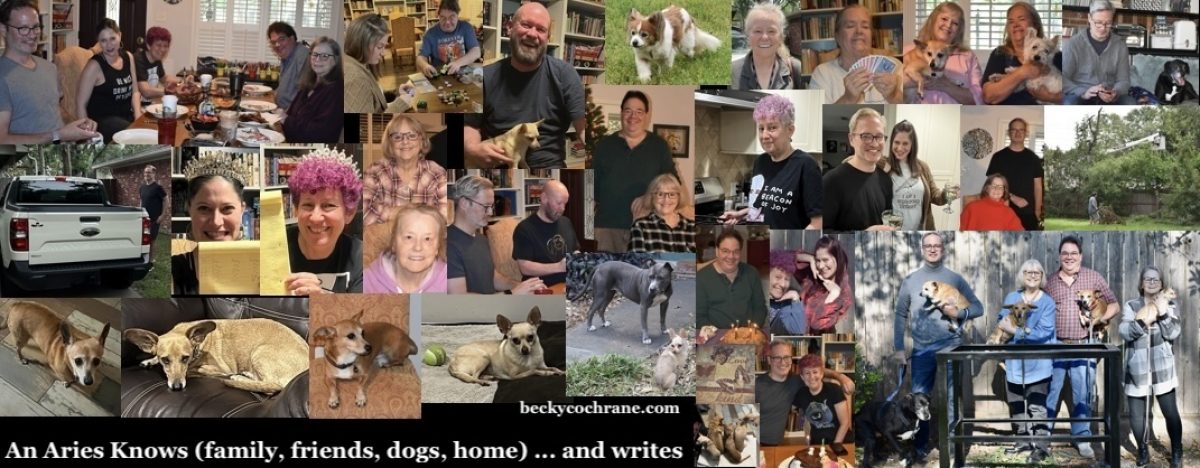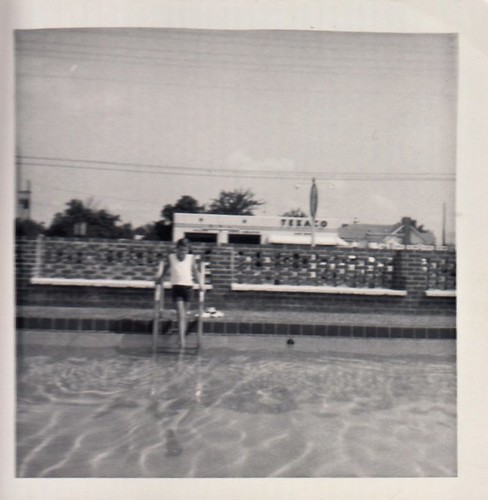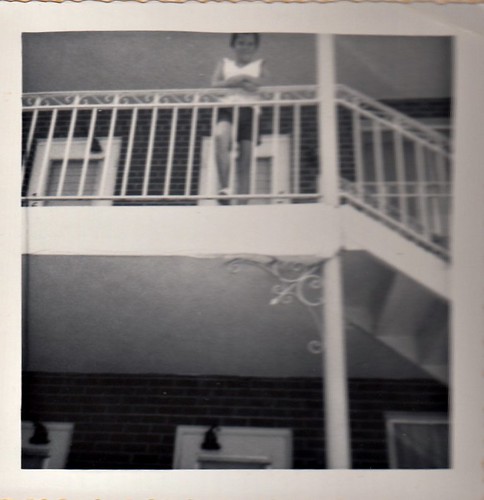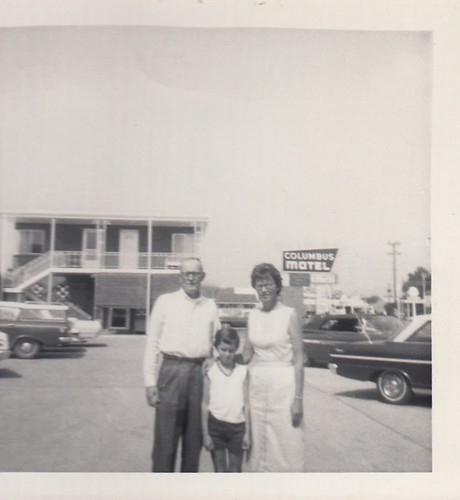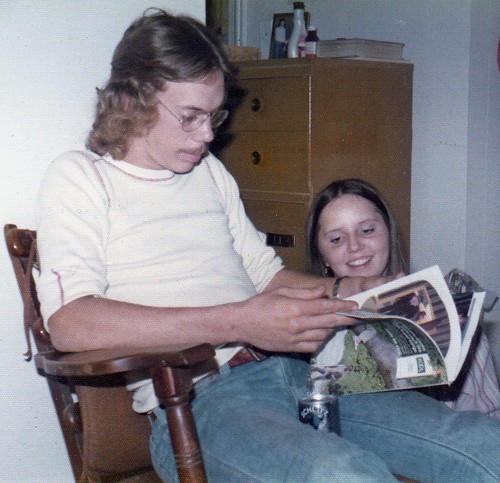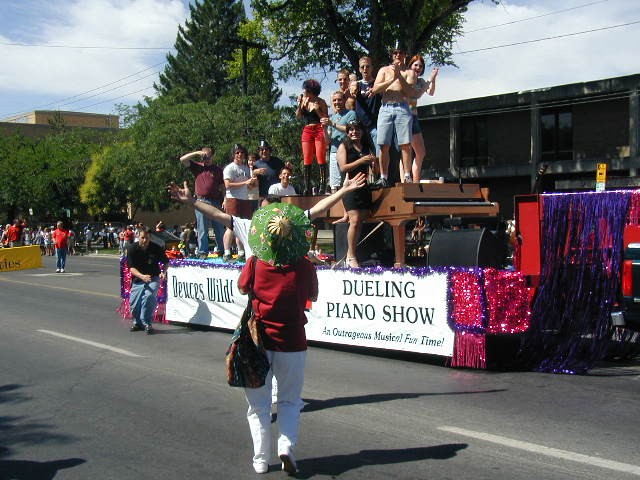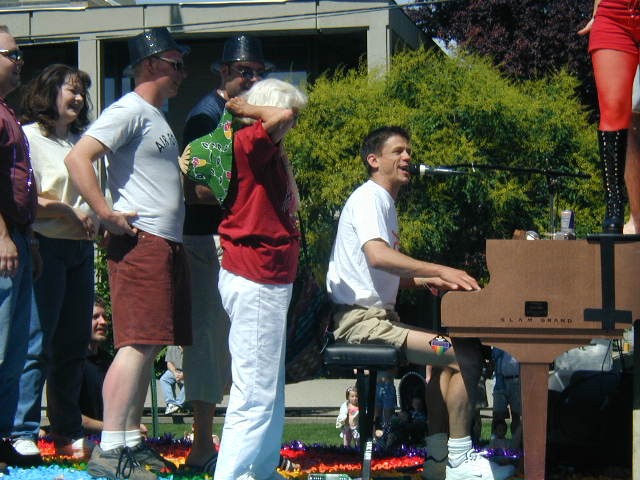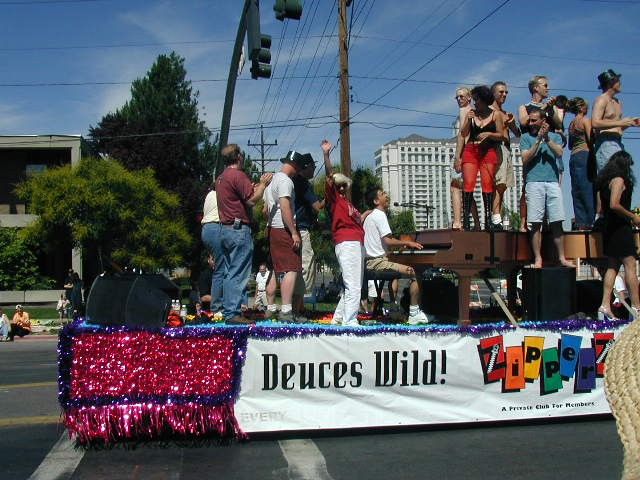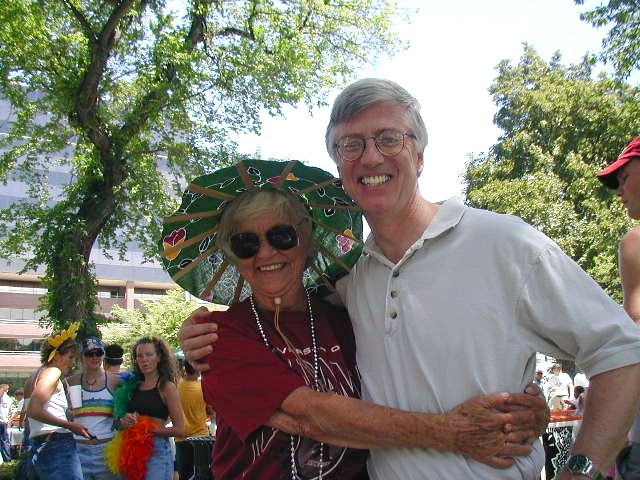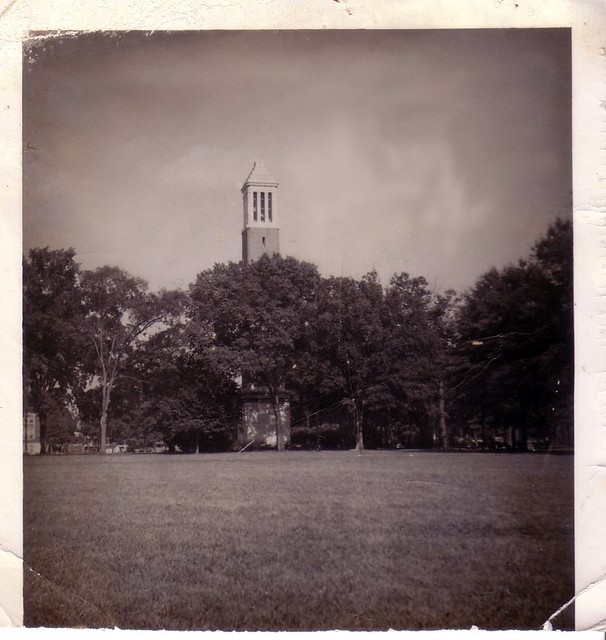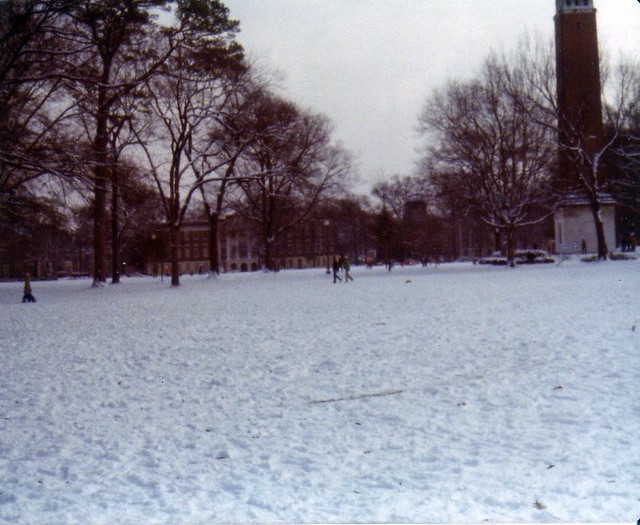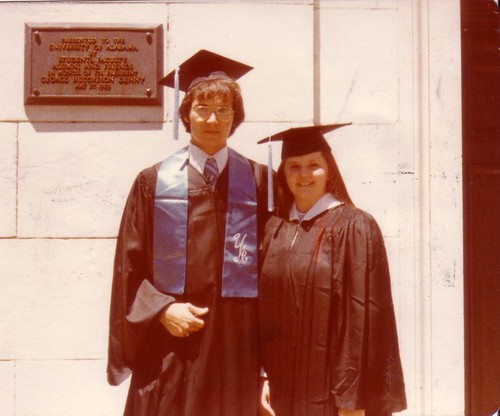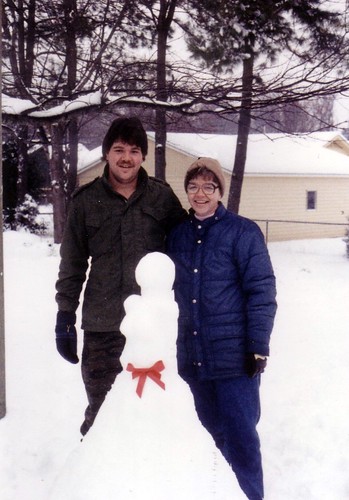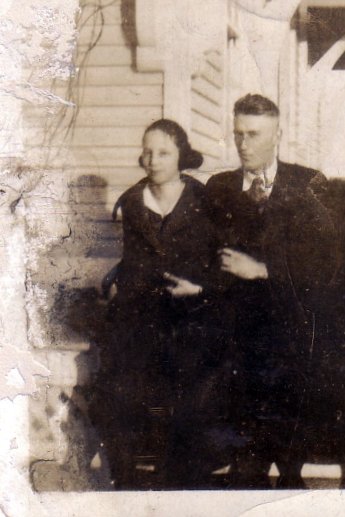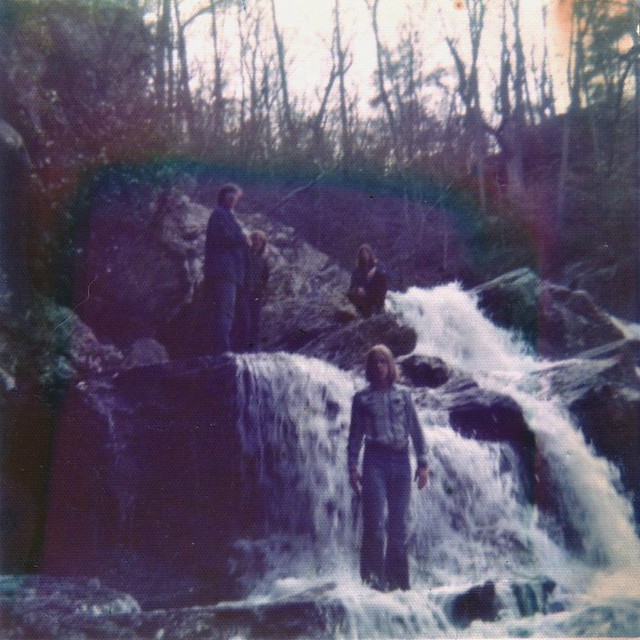Friday the thirteenth seems to be a good time to discuss Redshirts. I’ll admit that though I saw a lot of Star Trek when I was a youngster, it wasn’t until I grew up and began to meet REAL Star Trek fans that I learned the significance of Redshirts. If you don’t know what I’m talking about, in general, on the original Star Trek, when a character you didn’t know and weren’t invested in was wearing a red shirt when he was part of a mission, he’d die during that episode.
Is it because we were ignorant way back when that we allowed my nephew Daniel to venture into the world wearing this?

Did he know, I wonder?
I swear we loved him and didn’t think of him as the sacrificial lamb in our family dramas. Fortunately, he survived his dangerous wardrobe and abandoned Star Trek for Star Wars along the way. And NO, George Takei, you are WRONG about the real enemy. Stop that!
I didn’t know until I went digging around on the Internet to read more about Redshirts that there’s a trope called “Anyone Can Die.” But I was gratified to see that they listed the TV shows Lost and The Vampire Diaries as examples of this, as I have been jarred again and again by the body count of CHARACTERS I LOVE on these shows. Fortunately, those characters tend to reappear in flashbacks, dreams, or as ghosts. Sort of like school photos: They never really go away.
